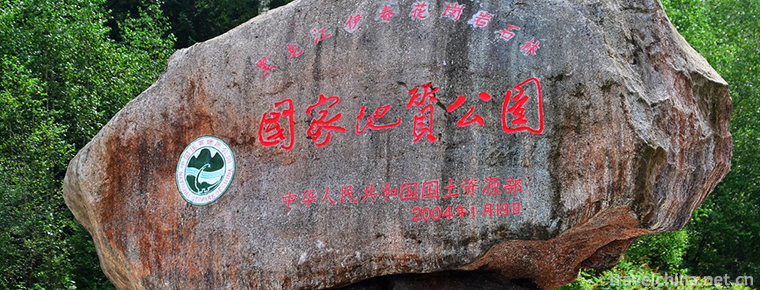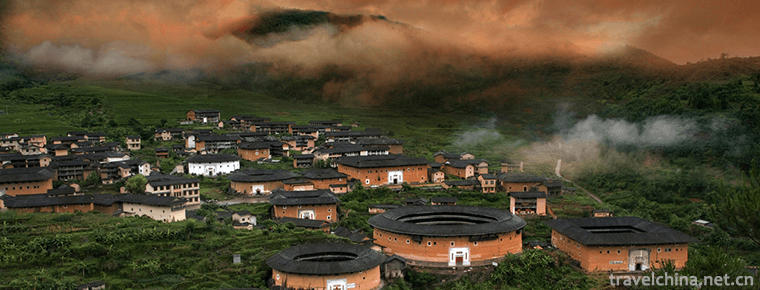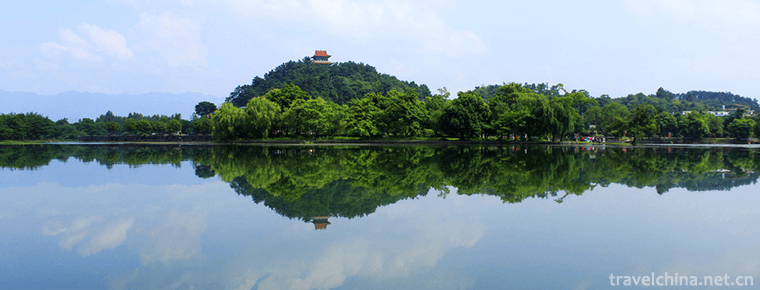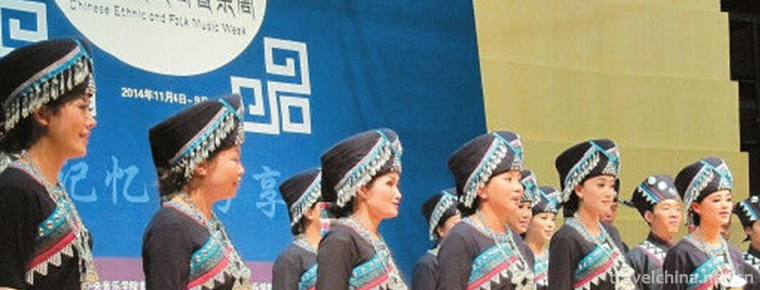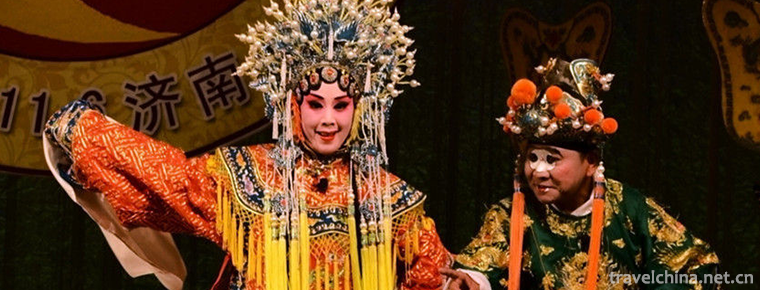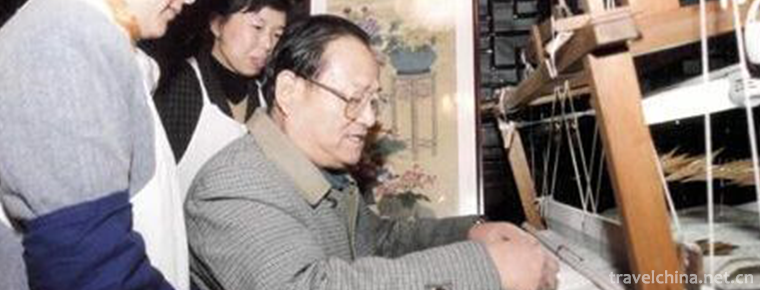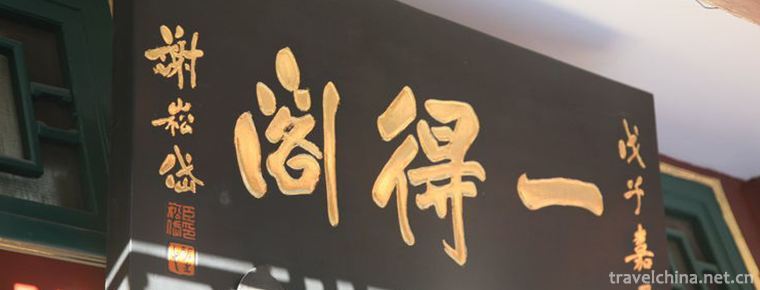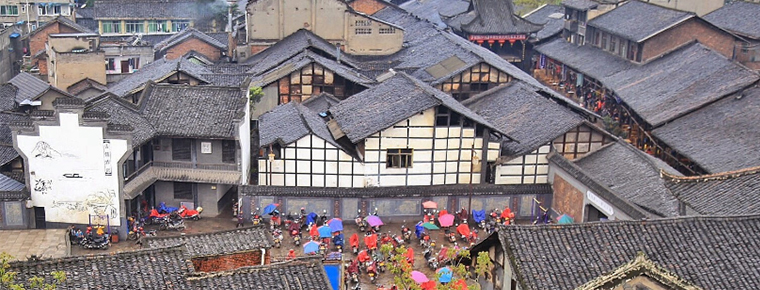Duck Blood in Chili Sauce
The main ingredients of hairy blood are duck blood, cooking techniques are mainly cooked, and tastes are spicy and spicy. Originated in Chongqing, popular in Chongqing and southwest China, it is a famous traditional dish. This dish is to scald the blood and eat it, and the mash is the main ingredient.
Mao Xuewang is a special dish in Chongqing and one of the ancestors of Jianghu cuisine in Chongqing. It has been listed in the National Standard Committee's Cooking Standard System of Chongqing Cuisine.
Spicy temptation to the traditional Mao Xuewang improved and innovated, its soup red bright, spicy fresh fragrance, strong flavor characteristics continue to carry forward.
In the 1940s, a butcher surnamed Wang handled the leftovers of meat every day at a low price. Wang's daughter-in-law, Zhang Shi, felt pity, so he sold the stalls of the broken soup in the street, and used pig head meat and pork bone into ginger, pepper, cooking wine, simmer with small fire, add peas to boil soup, add pig * s lobes and fat intestines, and taste very good. In an accidental opportunity, Zhang's soup directly into the fresh pig Xuewang, Xuewang found that the more tender the boiled, more delicious. This dish is to scald the blood and then eat it. "Mao" is Chongqing dialect, that is rough and careless. and macho, shutters and other chop as main ingredients.
Ingredients: duck blood (white duck) (500g) soybean sprouts (150g) accessories: eel (100g), water hair belly (100g), pork (lean) (100g), ham sausage (150g), water hair squid (50g) cauliflower (50g) agaric (water hair) (50g), lettuce (100g). Seasonings: onion (50g), salt (3g), pepper (red, sharp, dry) (15g), pepper (5g), cooking wine (10g), monosodium glutamate (10g), vegetable oil (50g).
Excellent Mao Xuebeng is based on this to be improved by adding sea cucumber, Mao belly, eel meat, yellow throat slices, lunch meat slices.
Seasoning: chili, Ma pepper and so on.
The pepper, pepper, bean paste, ginger, garlic, salad oil into the pot, stir-fry fragrance with small heat, add soup to boil, remove the residue, and then put MSG, sugar, vinegar and other condiments. Slice the main and auxiliary ingredients, change the knife, fly water, add the boiled red soup juice, boil them, put them into the container, and sprinkle the onions. Heat the salad oil and add it to the pepper and pepper.
Mao Xue Wang is also called "blood boil". Its taste is spicy, spicy, fresh and fragrant with four flavors. "Xuewang" refers to blood tofu, generally with duck blood, a few useful pig blood, the main ingredients are eel fillet, furry stomach, squid, fat sausage, lunch meat and so on. Spicy taste.
It is spicy and spicy.
Palate: red vegetables, red and spicy, spicy, tender, fresh and rich flavors.
View: look at a red ocean. The authentic red blood oil is not less than half the oil in the basin, and it is oily and bright. Its soup is bright red, spicy and spicy, and its flavor is thick and thick. Less oil affects not only taste and taste, but also heat preservation. In order, we suggest eating meat, cabbage, vermicelli and so on. Because vegetable leaf is easy to "hang oil", it tastes more spicy. Step by step, first never eat too spicy.
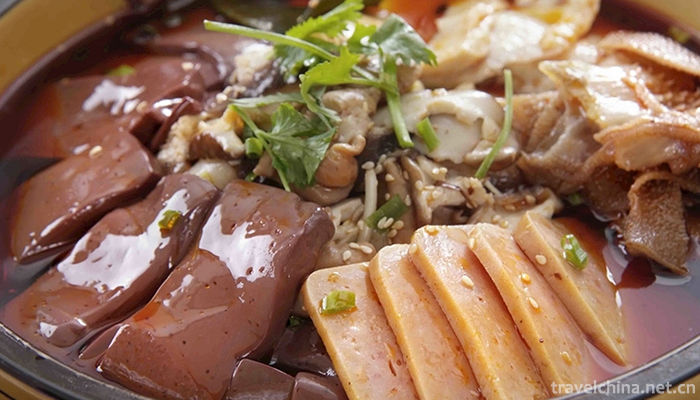

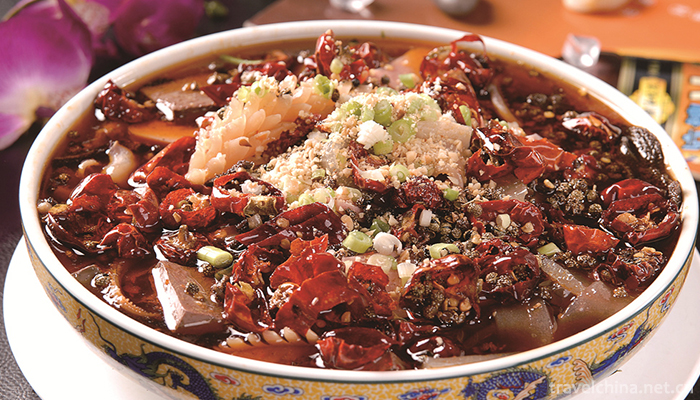
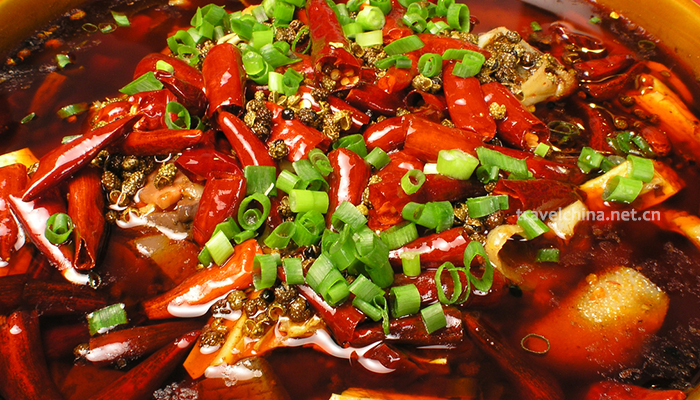
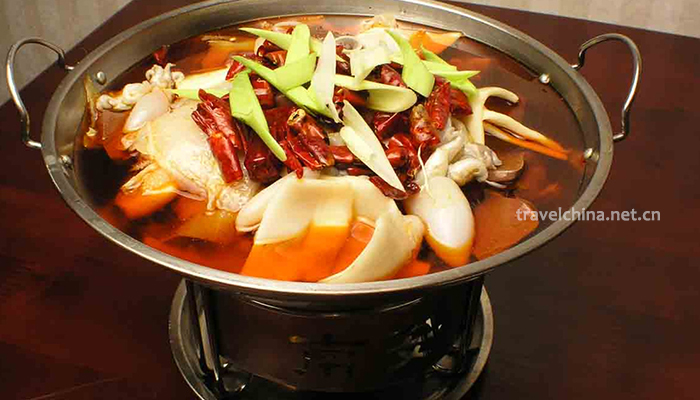
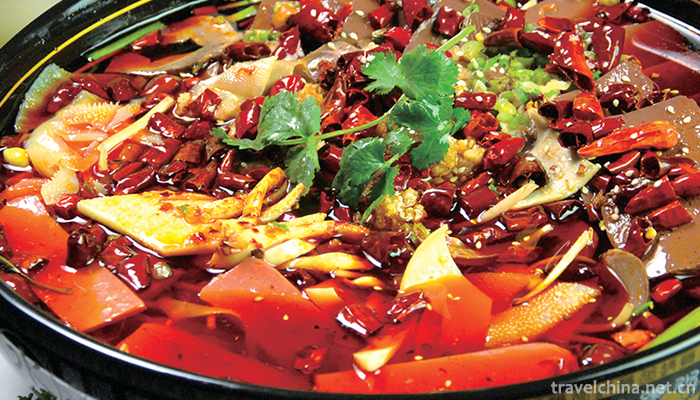


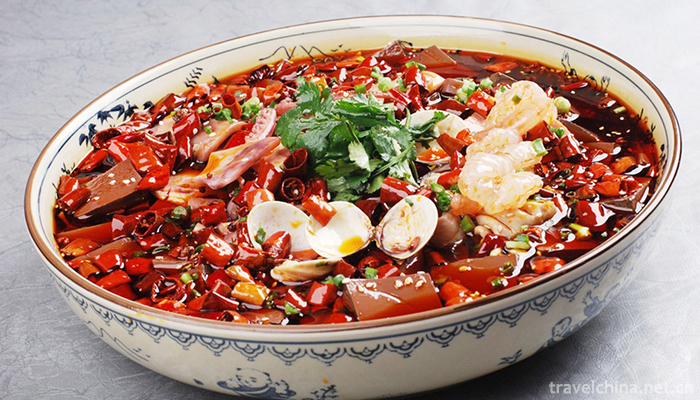
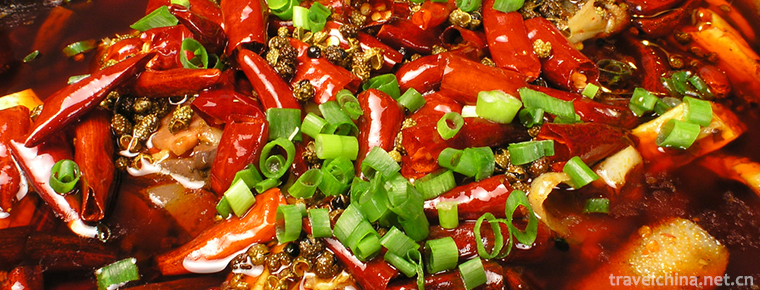
Duck Blood in Chili Sauce
-
Tangwang River Linhai Qishi Scenic Area
Tangwanghe Linhai Qishi Scenic Area is located in Tangwanghe District, Yichun City, Heilongjiang Province.
Views: 173 Time 2018-12-05 -
Fujian earth building (Fujian Tulou)
Fujian Tulou is also called "Hakka Tulou" because most of it is built by Fujian Hakka people. Tulou came into being in Song and Yuan Dynasty and matured in the late Ming
Views: 200 Time 2018-12-08 -
Qilihai National Wetland Park
Qilihai National Wetland Park is located in the northeast of Tianjin, located in Ninghe District of Tianjin, 30 kilometers away from Tianjin urban area, 100 kilometers away from Beijing and 40 kilomet
Views: 186 Time 2018-12-17 -
Linqu canal
Lingqu, formerly known as the Qin Digging Canal, Zero Canal, Douhe Canal, Xing'an Canal and Xianggui Canal, is a great project created by the working people of ancient China
Views: 344 Time 2019-01-30 -
Poop love song
In February 2006, a cultural census unexpectedly found "Poya Ge Shu" in Poya Village. Through expert research, 81 patterns in "Poya Ge Shu" have the character of words, and are one
Views: 242 Time 2019-06-09 -
Shangdong clapper opera
Shandong Bangzi is a traditional local opera popular in Southwest Shandong and Central Shandong. Also known as "high-profile Bangzi", short for "high-profile" or "high-profile
Views: 209 Time 2019-06-13 -
Silk weaving skills in Suzhou
Tilting, also known as carving, is an ancient and unique traditional weaving process in China. It mainly exists in Suzhou and its surrounding areas. Since the Southern Song Dynasty, Suzhou silk has be
Views: 363 Time 2019-06-17 -
Taiji boxing
Taijiquan, a national intangible cultural heritage, is based on the traditional Chinese Confucian and Taoist philosophy of Taiji, Yin-Yang dialectical concept as the core idea, integrating many functi
Views: 202 Time 2019-06-18 -
Xingguo Folk Song
Xingguo Folk Song has a long history. It is said that it was sung by woodcutters who built A Fang Palace in Xingguo in the late Qin Dynasty. Xingguo folk songs are lively, diverse in form and full of
Views: 127 Time 2019-07-08 -
Yidege Ink Making Skills
Yidege is a local traditional handicraft in Beijing. It is well-known for producing ink. The products have bright ink, rich and light colors, fluent writing, moderate concentration, strong fragrance,
Views: 219 Time 2019-07-11 -
Luocheng ancient town
Luocheng ancient town, known as "China's Noah Ark", is located in the northeast of Qianwei County, 60 kilometers away from Leshan City and 25 kilometers away from Qianwei county. There are seven ethnic groups, Han, Hui, Yi, man, Tibetan, Li and Miao.
Views: 109 Time 2020-10-15 -
Suining first industry
In 2019, the total output value of agriculture, forestry, animal husbandry and fishery in Suining will reach 30.998 billion yuan, an increase of 3.4% over the previous year.
Views: 342 Time 2020-12-16
